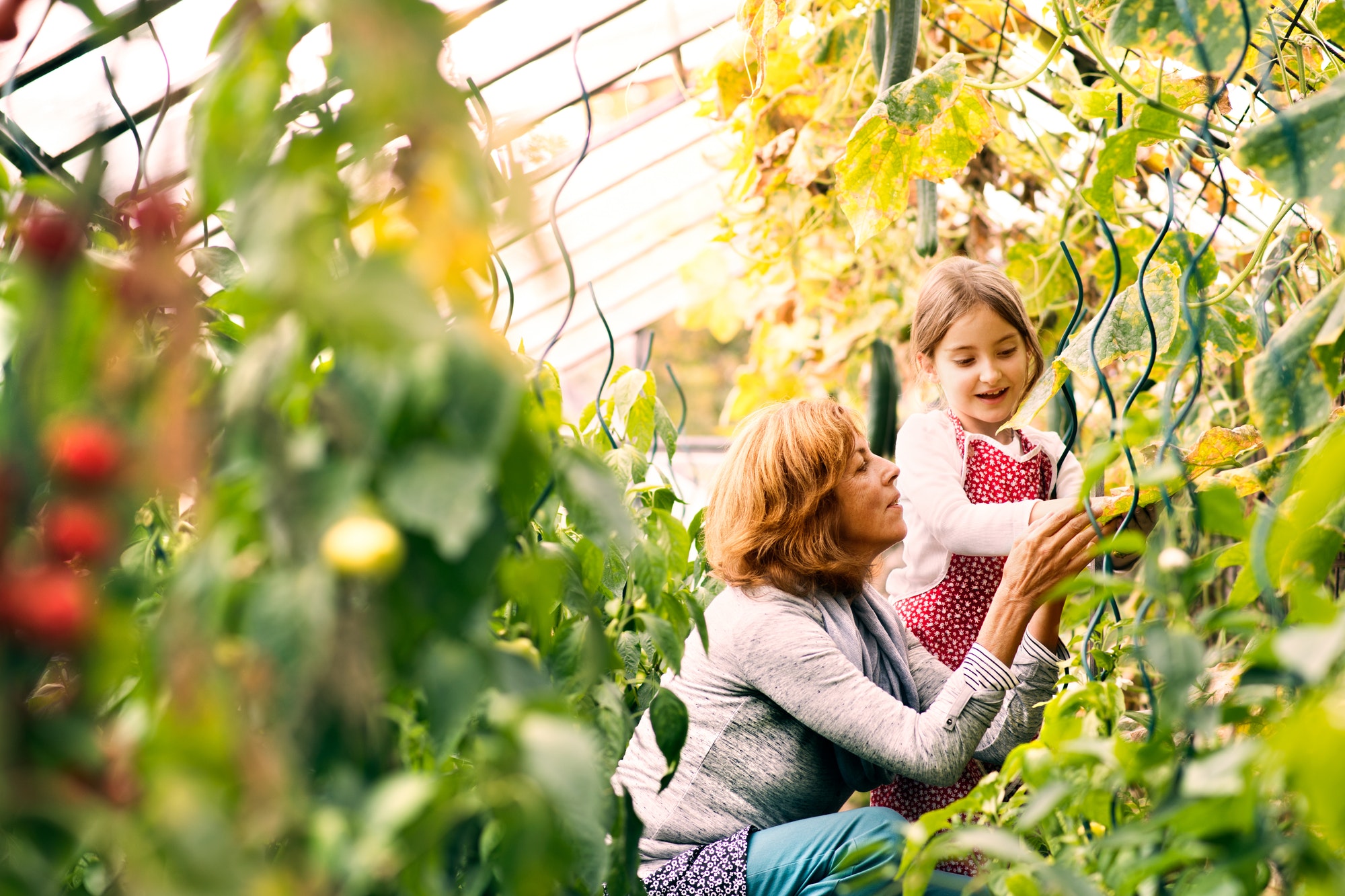Growing Your Own Food With Your Children
Growing your own food can be a rewarding experience for your child. While young children are unable to reliably tell a tomato seedling from a dandelion, they can help with watering, harvesting, and processing your plants. Shucking corn and shelling peas are among the tasks many grownups remember doing as kids. Children can also help with the actual growing process, which can teach them important skills in the future.
To create an attractive garden for children, use bright colors. The colors will catch their attention, and you can plant them in shapes that kids will love. You can even spell a word with colorful flowers. Incorporate a footbridge into the garden to let children look around. When designing a garden for kids, try to stick to smaller, simpler items than those that adults might enjoy. If your children do get bored, they can easily climb up and play on it.
Growing food in the garden builds confidence in children. Children learn by doing, and gardening gives them a sense of responsibility, says Dr. Wendy Matthews, a consultant at Mindprint Learning. Gardening is also a healthy activity that encourages physical activity, fosters family bonds, and develops STEM skills. Finally, it helps children become environmentally conscious. It also builds their self-esteem and helps them understand how important it is to care for the environment.
Growing your own food is a great way to build up your child’s immune system and promote good health. Even though children love to be dirty, they tend to be less susceptible to illness and other health problems as a result of being exposed to dirt. The hygiene hypothesis says that children who experience more exposure to dirt have higher levels of immunity and are more likely to develop disease-fighting skills. The benefits of growing your own food in a garden are long-term and lasting.
Getting your child excited about gardening is a great way to engage your child’s imagination. Even if you’re unable to make every child’s dream come true, letting them know that their ideas and dreams are inspiring and uplifting can help them take ownership of their own space. Creating an enjoyable space for them to play will help them develop a healthy self-esteem. And if you are a gardener, you can even add fun activities for your children, such as taking pictures of their work.
One great way to involve children in your garden is by growing fruits and vegetables. You can plant cherry tomatoes and other vegetables that children will enjoy. The best way to get started is by planting seeds, and then tying them loosely to stakes as they grow. For best results, plant them in full sunlight and make sure to add a lot of compost. You can also grow your own fruit and vegetables in containers. You can also teach children to grow fruit or vegetables from seedlings.
